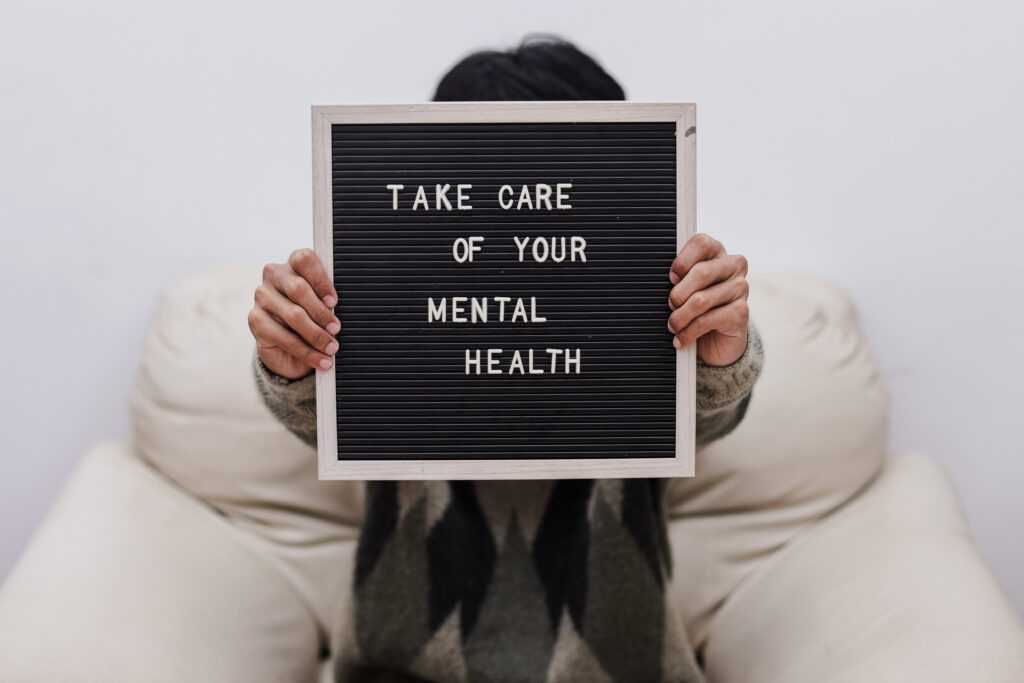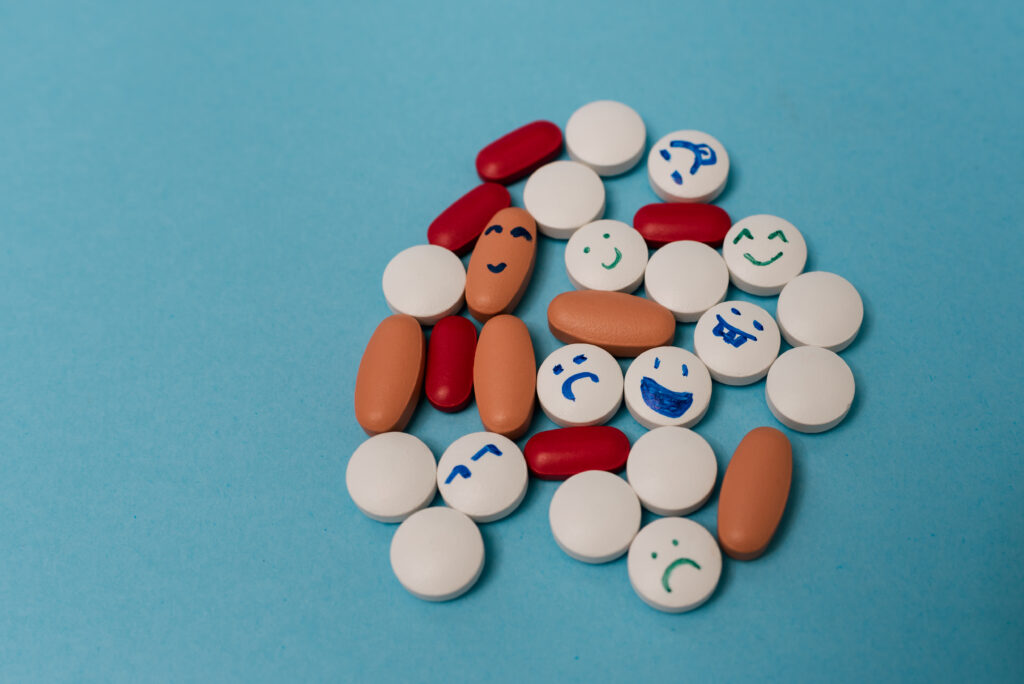
Mental health treatment is essential for leading a balanced and fulfilling life. Many people face mental health challenges like depression, anxiety, and other disorders. Understanding the various treatment options is key to finding the right help. This guide will walk you through different mental health conditions, types of treatments, and how to choose the best plan for your needs.

Understanding Mental Health Disorders: Symptoms, Causes, and Treatments
Mental health is an essential part of your overall well-being. It affects how you think, feel, and act. Common mental health disorders include depression, anxiety, bipolar disorder, and schizophrenia. These conditions can vary in severity and impact different aspects of your life.
Recognizing the symptoms of mental health disorders is crucial for early intervention. Symptoms can include changes in mood, behavior, and thinking patterns. Diagnosis often involves a combination of self-assessments, clinical evaluations, and sometimes, lab tests.
Mental health conditions can significantly affect your daily activities and relationships. They can make it challenging to maintain healthy relationships and perform daily tasks. Treatment can help you develop communication skills and build stronger relationships with family, friends, and coworkers.
Managing mental health can also improve your relationships with others.

Unlock Healing: The Life-Changing Power of Therapy and How It Can Transform Your Life
In individual therapy, you work one-on-one with a trained therapist to address your mental health concerns. These sessions are confidential and supportive, helping you explore your emotions, thoughts, and behaviors. This type of therapy focuses on your specific needs and aims to improve your overall mental well-being.
Group therapy involves regular meetings with a licensed therapist and a small group of individuals. It offers a sense of community and support as participants share similar experiences. In a group setting, you can connect with others and gain different perspectives. With the guidance of a skilled therapist, group therapy provides a space for personal growth and the development of essential coping skills.
Medication management involves working with a psychiatrist or a nurse practitioner to find the right medication to treat your mental health condition. Medication can be helpful in managing symptoms of depression, anxiety, bipolar disorder, and other mental health conditions.
Alternative therapies include a variety of non-traditional treatments that can complement standard mental health care. These may include practices like yoga, meditation, acupuncture, and herbal remedies. These therapies can be beneficial in reducing stress and improving overall well-being.
Finding the right mental health treatment can significantly impact your daily life and relationships. It’s important to explore different options and find what works best for you.

Before starting any treatment, it’s important to understand your own needs. Consider your symptoms, their severity, and how they affect your daily life. This self-assessment can help you and your healthcare provider determine the best course of action.
Talking to a mental health professional is a crucial step. They can provide insights into different treatment options and help you understand what might work best for you. When exploring therapy approaches for your mental health, consider discussing various types of therapy, including cognitive behavioral therapy.
Once you have a better understanding of your needs and have consulted with a professional, it’s time to evaluate your treatment options. Here are some common types of treatments:
Choosing the right treatment plan is a personal journey. Take your time to explore your options and find what works best for you.

Understanding Mental Health Treatment: The Role of Medication Management in Your Recovery
Medications play a crucial role in managing mental health conditions. There are several types of psychiatric medications, each designed to address specific symptoms. Mood stabilizers help lessen the intensity of mood swings, often experienced by people with bipolar disorder. Antidepressants are commonly used to treat depression and anxiety. Antipsychotics are prescribed for conditions like schizophrenia, while anxiolytics help manage anxiety disorders.
While medications can be highly effective, they come with both benefits and risks. The primary benefit is symptom relief, which can significantly improve daily functioning and quality of life. However, side effects are a common concern. These can range from mild issues like dry mouth to more severe problems such as weight gain or liver damage. It’s essential to work closely with a healthcare provider to monitor these risks.
Consulting with a psychiatrist is a key step in medication management. Psychiatrists are medical doctors specialized in mental health, and they can prescribe the appropriate medication for your condition. They will also monitor your progress and make necessary adjustments. Regular follow-ups are crucial to ensure the medication is effective and to manage any side effects.
Finding the right medication can be a trial-and-error process, but it’s worth the effort for the potential benefits to your mental health.

Exploring Holistic Treatments in Mental Health Care: A Comprehensive Guide
Transcranial Magnetic Stimulation (TMS) is a non-invasive procedure that uses magnetic fields to stimulate nerve cells in the brain. This treatment is especially helpful for people who haven’t found success with traditional therapies or medications. TMS targets specific areas of the brain that control mood, helping to reduce symptoms of depression and other mental health conditions.
Virtual therapy, also known as online therapy, allows individuals to receive mental health treatment from the comfort of their own homes. This method is convenient and can be just as effective as in-person sessions. Virtual therapy is a great option for those who have busy schedules or live in remote areas.
Pharmacogenomic testing is a cutting-edge approach that examines how your genes affect your response to medications. This test can help doctors choose the most effective medication with the fewest side effects for you. By understanding your genetic makeup, healthcare providers can tailor treatments to better meet your needs.
Innovative treatments hold promise for mental health, offering new ways to manage and improve well-being.

Having a strong support system of family and friends is crucial for mental health. They can provide emotional support and help you feel less alone. It’s important to communicate openly with them about your needs and feelings.
Support groups offer a safe space to share experiences and learn from others facing similar challenges. These groups can be found locally or online, providing flexibility and accessibility. The 988 Suicide and Crisis Lifeline is a national network of local crisis centers that provides free and confidential emotional support to people in suicidal or emotional distress.
Many communities offer resources to help with mental health. These can include counseling services, hotlines, and educational programs. Local health departments often have information on available services. For example, the Community Preventive Services Task Force provides evidence-based recommendations to improve mental health.

Making small changes in your daily routine can have a big impact on your mental health. Regular exercise, a balanced diet, and adequate sleep are essential. These habits not only improve your physical health but also boost your mood and energy levels. Additionally, reducing alcohol and avoiding drugs can help maintain mental stability.
Practicing mindfulness can help you stay present and reduce stress. Techniques such as deep breathing, meditation, and yoga can be very effective. These practices help you manage stress and improve your overall mental well-being. It’s important to find what works best for you and make it a part of your daily routine.
Regular check-ins with your mental health professional are crucial. These follow-ups help track your progress and make necessary adjustments to your treatment plan. It’s important to communicate openly with your healthcare provider about what’s working and what isn’t. This ongoing dialogue ensures that your treatment remains effective and tailored to your needs.
Want to feel better? These self-help strategies and tips will help you boost mood, build resilience, and strengthen your mental health.
Taking care of your mental health is just as important as taking care of your physical health. There are many different ways to get help, from talking to a therapist to joining a support group or taking medication. It’s important to find the right treatment that works for you. Remember, it’s okay to ask for help and take the first step towards feeling better. With the right support, you can improve your mental health and live a happier, healthier life.
Mental health includes our emotional, psychological, and social well-being. It affects how we think, feel, and act. It also helps determine how we handle stress, relate to others, and make choices.
Common signs can include feeling sad or down, confused thinking, excessive fears or worries, extreme mood changes, withdrawal from friends and activities, and significant tiredness or low energy.
Therapy can help by providing a safe space to talk about your feelings and thoughts. A therapist can help you understand your emotions, develop coping strategies, and work through problems.
Medications can be very effective for many mental health conditions. They can help manage symptoms and make other treatments, like therapy, more effective. Always consult with a doctor to find the right medication for you.
Alternative therapies can include things like yoga, meditation, acupuncture, and herbal supplements. These can be used alongside traditional treatments to help improve mental well-being.
Supporting a loved one can involve listening to them, encouraging them to seek professional help, and being patient and understanding. Educating yourself about their condition can also help you provide better support.
